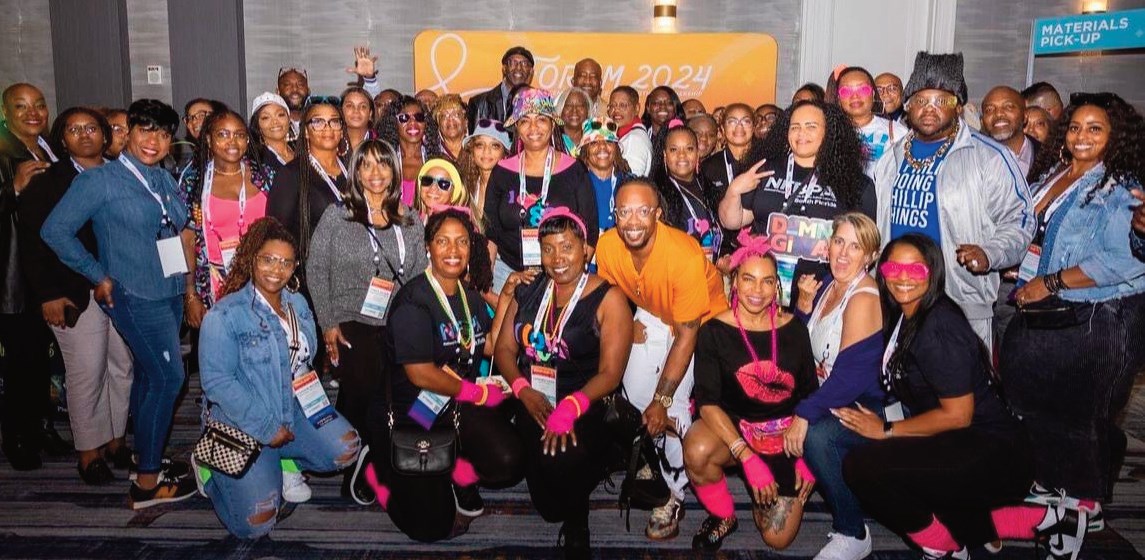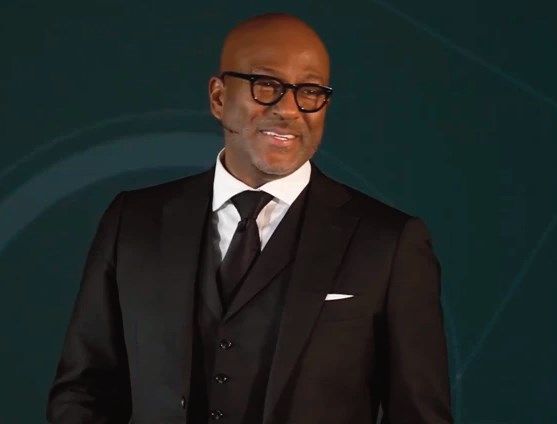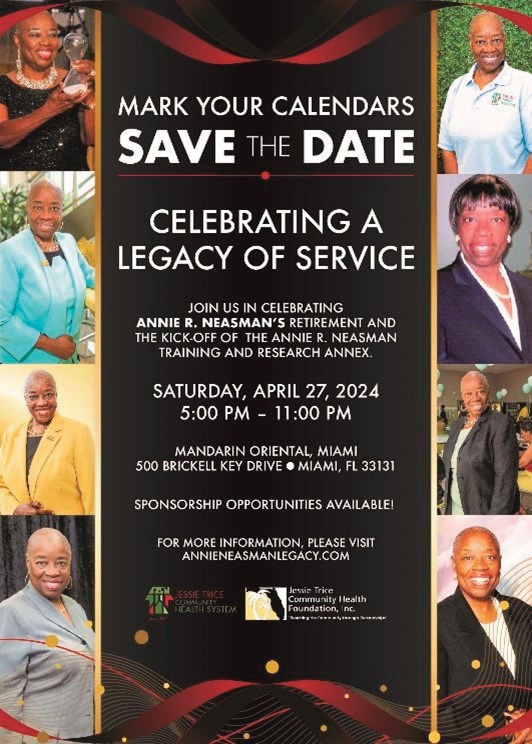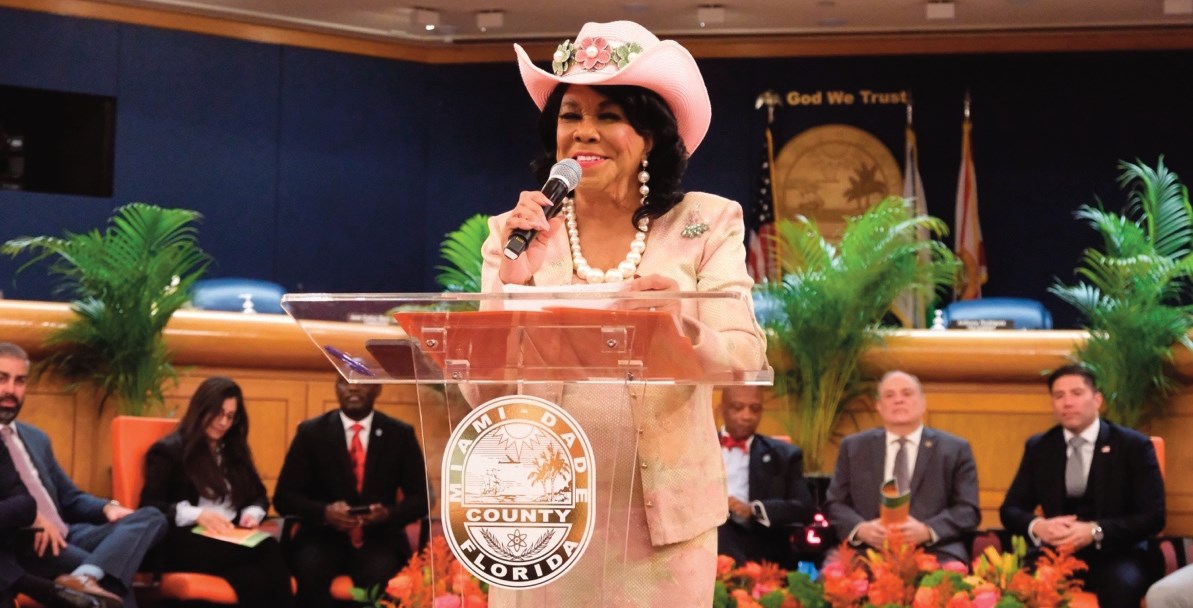MIAMI — Fair housing advocates from around the country held a series of meetings and protests timed to coincide with the 76th Annual U.S. Conference of Mayors (USCM) gathering last weekend.
The groups, part of a national coalition called Right to the City, said their goal was to force the country's mayors to confront issues such as homelessness, affordable housing and poverty.
A heavy police presence kept the protesters far from the approximately 700 city leaders who descended on Miami, with Miami Mayor Manny Diaz playing host.
The mayors had come to discuss and promote policy recommendations to Congress and to the next presidential administration on the issues of “rising energy costs, housing, safe, clean drinking water, transportation, street crime, public schools, gangs, healthcare quality and costs, secure airports and ports, illegal guns, drugs, drug dealers and immigration,” according to the USCM website.
The organization also released a 42-city study on the nation's foreclosure crisis.
Protesters, however, said the conference was misguided.
“The people inside that building are talking to the wrong people!” Sushma Sheth, director of programs for the Miami Workers Center, told a crowd of 250 who gathered in the pouring rain Friday, June 20 near the Intercontinental Hotel in Miami, where the mayors were meeting with dignitaries from across the U.S. and Canada.
The mayors meeting lasted from June 20 to 24.
The dignitaries included Florida Gov. Charlie Crist, Pennsylvania Gov. Ed Rendell, Toronto Mayor David Miller, members of the Bush administration, including Federal Housing Administration Commissioner Brian Montgomery and White House Interagency Council on Homelessness Philip Mangano.
Also attending were industry representatives including Mortgage Bankers Association Chairman Kieran Quinn and National Association of Realtors President-Elect Charles McMillan.
They were joined by local leaders like Diaz and Miami-Dade Schools Superintendent Rudy Crew.
On June 21 and 22, presumptive Democratic presidential nominee Barack Obama and former U.S. President Bill Clinton addressed the conference.
Determined to be heard, protest organizers stationed a representative, Lakedra Robertson of the Katrina Information Network, inside the hotel June 20 to petition the nation's mayors to stop doing business with companies cited for “waste, fraud or mismanagement” in the aftermath of Hurricane Katrina.
So far, the group says, three cities, Erie, Pennsylvania; Milwaukee, Wisconsin; and Atlantic City, New Jersey have passed resolutions barring such companies from doing business with the governments there.
Right to the City accused the country's municipal leaders of ignoring lower-income people, while catering to the whims of developers, banks and other large stakeholders.
“They should be talking to the people!” Sheth said to cheers amid the downpour.
The Miami Workers Center is a founding member of Right to the City, and other Miami members include the Power U Center for Social Change, Jobs with Justice/Vecinos Unidos, and Tenant Workers United.
The June 20 protest was punctuated by a march, staged as a New Orleans-style jazz funeral, complete with To Be Continued, a brass band consisting of young men and women between the ages of 19 and 23, many of whom live in New Orleans' Ninth Ward.
The marchers and musicians wound from historic Greater Bethel AME Church on Northwest Second Avenue and Eighth Street to Bayfront Park, near the hotel.
Marchers from as far away as California, New York and Illinois joined with local activists, carrying cardboard skeletons on tall sticks and makeshift coffins bearing the names of issues such as housing, which organizers said is dying under the shadow of gentrification.
By the time the marchers arrived at the bandstand Miami Workers Center members had erected in front of Bayfront Park, the skeletons and coffins had virtually melted in the afternoon rain.
Still, the weather didn't dampen the spirits of the protesters, who crowded along the sidewalk chanting, “Whose city? Our city!”
One of the marchers, Lauren Wheeler, 31, of Just Cause Oakland, relished the idea of being in Miami with so many people from around the country.
“I think the idea of this many people representing so many cities is important, because I think people don't often hear the voices of people,” Wheeler said. “Even though we elect our mayors, they spend the next four years adhering to corporate interests. Today, it's really just about making sure people hear us.”
Wheeler said more than a dozen people traveled from California's Bay Area to participate in the weekend's events.
Earlier in the week, at what was billed as a “people's state of the city summit,” hundreds of activists from Right to the City's eight regional branches: Miami, New York, the Bay Area, Los Angeles, New Orleans, Providence/Boston and Virginia/D.C., and the newly added Chicago chapter, gathered for a panel discussion and workshop at Miami Dade College's Wolfson Campus.
Panelists and audience members excoriated the country's political leaders, including Diaz, New Orleans Mayor Ray Nagin and New York City Mayor Michael Bloomberg, for ignoring low income people.
“They need to put the people in the community first, because they're making decisions without contacting the people in the community,” said Anne Washington, who traveled from Harlem, New York.
“We are all being crushed by the same scheme that's displacing the people and putting profits before people” said Serena Perez of
Miami's Vecinos Unidos, who alleged that many Haitian-American and Latino families are being evicted from mobile home parks across South Florida to make way for condominiums.
Perez and other activists said they are fighting what they call “neoliberalism,” which Perez called a global economic system that took hold in Latin America during the 1970s and 1980s in which privatization is used “to make corporations richer by making sure government is as small as it can be.”
Denise Perry, who heads Power U – a grassroots, Miami-based organization that advocates social, environmental and economic justice – said on June 23 that part of the purpose of the summit and the protests was to reshape the image of cities like Miami, so that the less fortunate are not ignored. She pointed sarcastically to a slogan on the USCM website declaring, “Miami sizzles with excitement.”
“The informal economy … the people selling fruit or shrimp, selling candy apples on our streets to keep food on their tables are also part of what this city is about,” Perry said.
Perhaps not surprisingly, Perry and many of the other activists are no fans of Diaz, who was sworn in June 23 as the USCM's 66th president.
At issue is Diaz's alleged favoritism for building high-rise condominiums at the expense of public housing.
Perry even took aim at Diaz's recent initiative to expand Internet access to low-income residents, saying, “The Internet is no help if you don't have a job and can't afford a place to live.”
Diaz did not return phone calls seeking comment.
Right to the City plans to turn the more than 200 recommendations written by attendees into a report to be released nationally on the third anniversary of Hurricane Katrina, Aug. 29.
The group also plans to have a presence at the next U.S. Conference of Mayors meeting in Rhode Island in 2009.
Joyannreid@gmail.com












No Comment